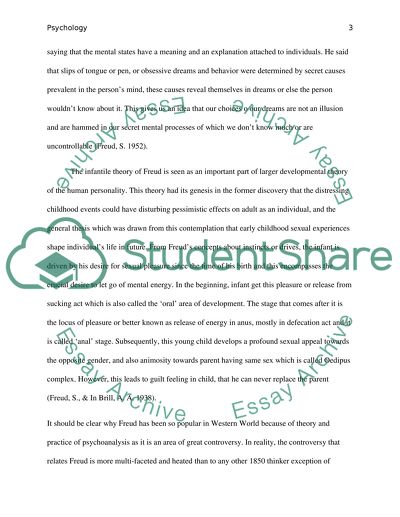Cite this document
(“Sigmund Freud Research Paper Example | Topics and Well Written Essays - 1000 words”, n.d.)
Retrieved from https://studentshare.org/psychology/1465461-sigmund-freud
Retrieved from https://studentshare.org/psychology/1465461-sigmund-freud
(Sigmund Freud Research Paper Example | Topics and Well Written Essays - 1000 Words)
https://studentshare.org/psychology/1465461-sigmund-freud.
https://studentshare.org/psychology/1465461-sigmund-freud.
“Sigmund Freud Research Paper Example | Topics and Well Written Essays - 1000 Words”, n.d. https://studentshare.org/psychology/1465461-sigmund-freud.


